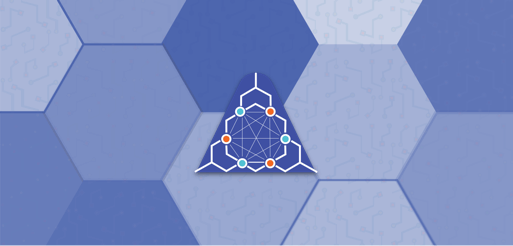
Anthill Inside 2018
On the current state of academic research, practice and development regarding Deep Learning and Artificial Intelligence.
Jul 2018
23 Mon
24 Tue
25 Wed 08:45 AM – 05:25 PM IST
26 Thu
27 Fri
28 Sat
29 Sun
Aakash N S
@aakashns
Submitted Mar 28, 2018
You don’t need a PhD or a master’s degree or even a bachelor’s degree in Math/CS to learn and appy deep learning. In most cases, all you need is some programming experience and a quick revision of some high school math e.g. differentiation and matrix multiplication. I’ll show you how you can get up and running in just few hours, and build state of the art deep learning models that solve problems that you care about, and slowly understand the inner workings over time.
The target audience includes anyone who is enthusiastic about deep learning but finds it really hard to get started, because they’re unsure if they have the right skills and/or resources to get started.
Brief outline of the talk:
For a large part of this talk, I will focus on external resources:
http://www.fast.ai/
https://www.manning.com/books/deep-learning-with-python
http://neuralnetworksanddeeplearning.com/chap4.html
I’m a deep learning practitioner and the founder of an AI company specializing in computer vision and facial recognition.
For over 4 years, I made many attempts to learn ML & Deep Learning, always starting with the theory, trying to understand all the math and matrix calculus behind deep learning. Each time, I’d spend several weeks learning the concepts, and then give up realizing that I have no idea how I can use my knowledge to even implement a simple feedfoward neural network. All that changed a few months ago, when I came across a couple of books and courses that took a top-down approach, focusing on getting results first, and understanding the math later. This completely changed my perspective towards Machine Learning, and I’m hoping to share that with this talk.
Hosted by
{{ gettext('Login to leave a comment') }}
{{ gettext('Post a comment…') }}{{ errorMsg }}
{{ gettext('No comments posted yet') }}